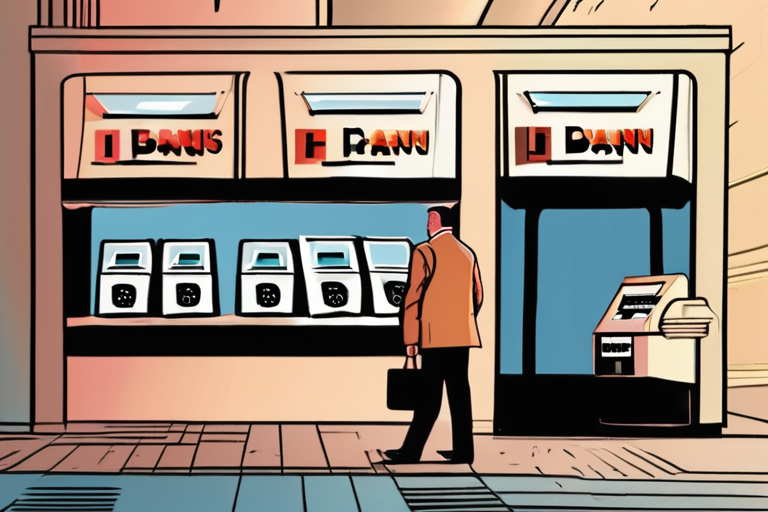Jamie Dimon, the CEO of JPMorgan Chase, has revealed that he still personally reads customer complaints to stay connected to reality within the bank. This habit allows him to bypass the hierarchy and get unfiltered feedback, which he believes is essential in a large institution like JPMorgan Chase.
At the America Business Forum in Miami on November 6, 2025, Dimon emphasized the importance of staying connected to customers and avoiding the pitfalls of bureaucracy. He noted that the chain of command often edits and fine-tunes customer complaints, which can distort the truth and shield leaders from reality. Dimon's approach is a testament to his commitment to transparency and customer-centricity, which has been a hallmark of his leadership at JPMorgan Chase.
JPMorgan Chase is one of the world's largest banks, with assets worth $4.5 trillion and a workforce of over 300,000 employees. The bank's size and complexity can make it challenging to maintain a direct connection with customers, but Dimon's approach suggests that he is willing to go to great lengths to stay informed and engaged.
Dimon's comments have significant implications for the banking industry as a whole. Large banks like JPMorgan Chase often struggle with bureaucracy and red tape, which can hinder their ability to respond quickly to customer needs and innovate in a rapidly changing market. By prioritizing transparency and customer feedback, Dimon is sending a message to other bank leaders that they should prioritize these values as well.
JPMorgan Chase has a long history of prioritizing customer satisfaction and has invested heavily in digital transformation to improve its customer experience. The bank's efforts have paid off, with customer satisfaction ratings consistently ranking among the highest in the industry. Dimon's commitment to reading customer complaints personally is just one example of his dedication to maintaining a customer-centric culture within the bank.
Looking ahead, Dimon's approach is likely to have a lasting impact on the banking industry. As banks continue to grapple with the challenges of digital transformation and regulatory scrutiny, leaders who prioritize transparency and customer feedback will be better positioned to succeed. By staying connected to customers and avoiding the pitfalls of bureaucracy, Dimon is setting a high standard for bank leaders to follow.
In conclusion, Jamie Dimon's commitment to reading customer complaints personally is a testament to his leadership style and his commitment to transparency and customer-centricity. As the banking industry continues to evolve, Dimon's approach is likely to be studied and emulated by other bank leaders who are seeking to stay ahead of the curve.


























Share & Engage Share
Share this article